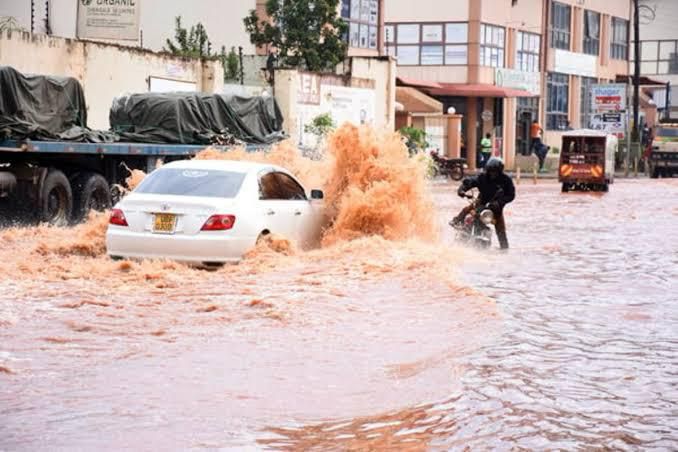The Executive Director of Resilience Action Network Africa (RANA), Aggrey Aluso, has warned that the country is now experiencing direct consequences of human activity, which have intensified the frequency and severity of flooding and extreme weather conditions.
According to Aluso, some of the signs of climate change are already visible in communities, with impacts stretching far beyond the environment.
He notes that the changing weather patterns are increasing waterborne diseases, while rising temperatures are affecting the capability of disease-carrying vectors, posing serious health risks.
In the context of resilience, Aluso emphasises that climate change is not only a health challenge but also a major threat to agriculture, with many farmers losing productivity due to unpredictable weather.
He adds that climate pressures are forcing people to migrate to urban centers, creating congestion and straining already aggravated physical infrastructure and policies.
Aluso says that as RANA, their position is to advocate for a holistic approach to addressing climate change. Their call to government is to adopt productive and inclusive budgets that prioritise and support whole-sum communities, especially those most affected by climate shocks.
The Senior Adviser at Resilience Action Network Africa (RANA), Anne Lumbasi, has emphasised the need for increased financing in the health sector to strengthen the country’s capacity to respond to climate-related health challenges.
Speaking during a stakeholder engagement on climate resilience, Lumbasi noted that the rising cases of climate-induced diseases require a well-funded health system that can detect, prevent, and manage outbreaks effectively.
She explained that inadequate resources continue to hinder service delivery, especially in vulnerable communities that are already bearing the brunt of extreme weather conditions such as floods and prolonged heatwaves.
Lumbasi urged government agencies, development partners, and civil society to prioritise investments in health infrastructure, community awareness, and early-warning systems, saying this will boost resilience and protect affected populations.
Resilience Action Network Africa continues to work with partners to strengthen adaptation efforts as climate change increasingly impacts public health.


